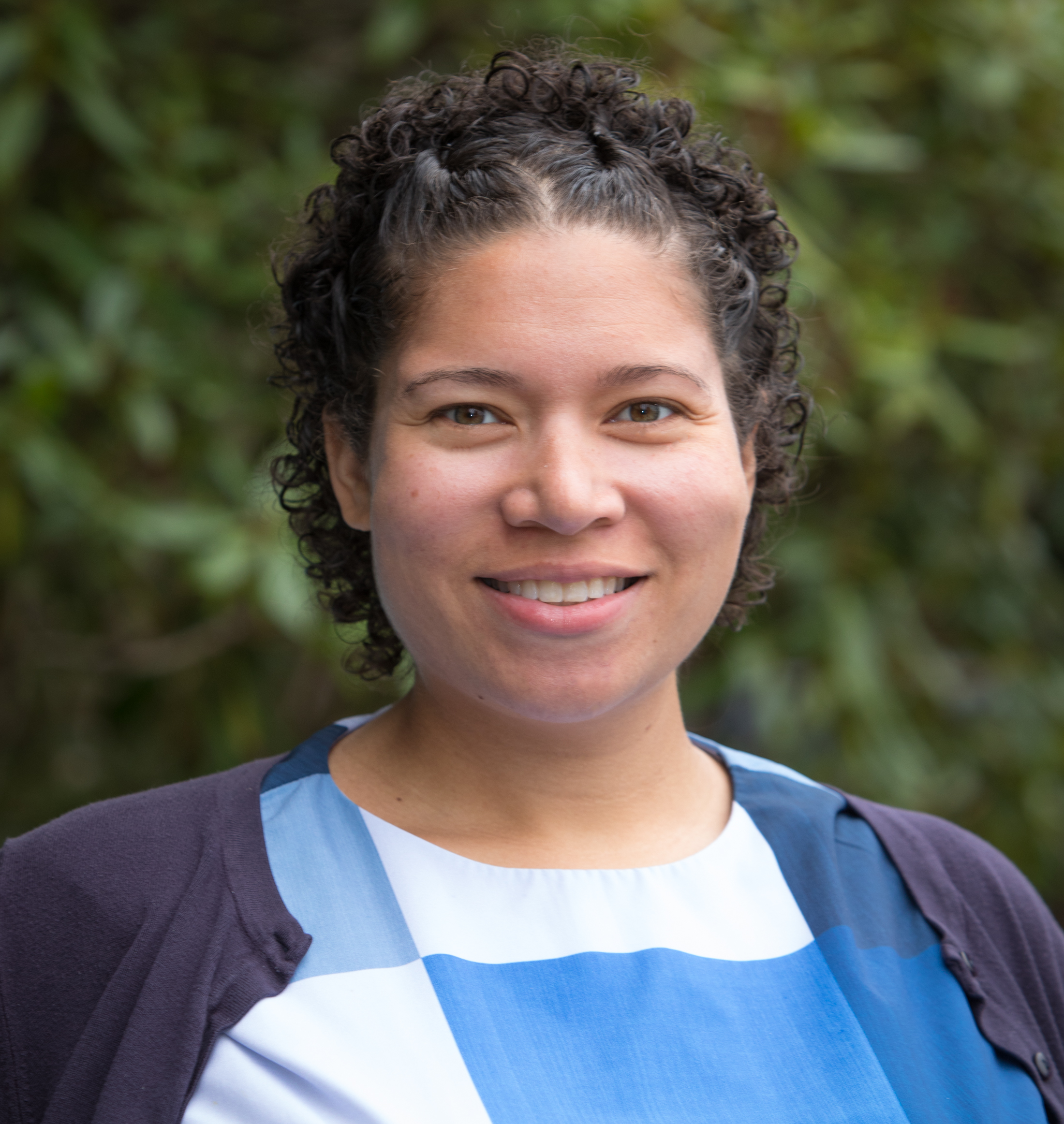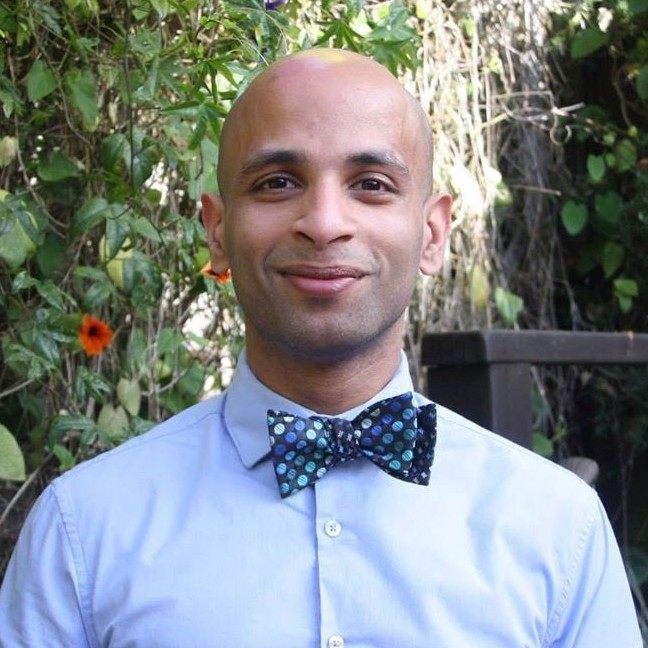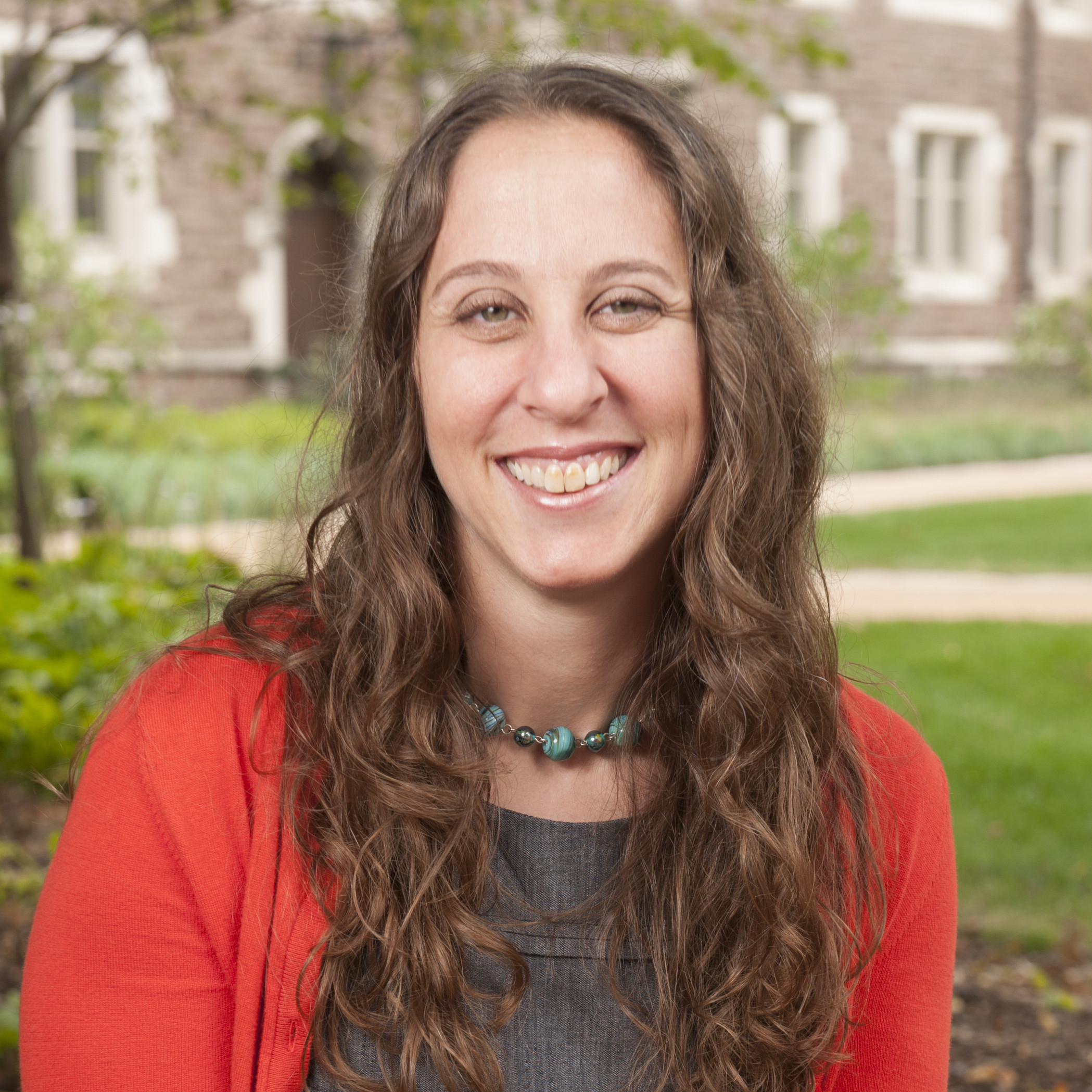The Foundation’s flagship Greenwall Faculty Scholars Program in Bioethics helps build the next generation of leaders in bioethics by supporting early-career faculty members to carry out innovative bioethics research, and by building an intellectually rich and active community. Since 2002, the Foundation has supported over 60 Scholars from 40 different institutions.
Foundation Announces Greenwall Faculty Scholars Class of 2024

Jennifer James, PhD, MSW, MSSP is Assistant Professor in the Institute for Health & Aging at the University of California, San Francisco. Her project is “Healthcare decision-making in California women’s prisons: historical legacies of injustice and modern regulatory constraints.”
Abstract: The California Eugenics Program was ended in 1979, yet sterilizations continued in California State Prisons, with at least 148 women sterilized without proper informed consent from 2006- 2010. Prof. James’s research examines the intersection of the historical legacy of eugenics, state regulations, and the unique burden of custodial care to examine patient-provider relationships. Do laws banning sterilizations have the paternalistic consequence of further limiting the personal autonomy of incarcerated women? Given stark racial disparities in incarceration, how does health care within prisons operate as an extension of state violence and control in the regulation of the bodies of Black and Brown women?

Craig Konnoth, JD, MPhil is an Associate Professor of Law at the University of Colorado and will be joining the faculty at the University of Virginia. His project is “Bioethics in Movement Advocacy.”
Abstract: Many social movements including LGBT, religious, and especially recently, racial justice movements, use medical frames to bolster their claims—such as describing gender dysphoria as a disability or racism as a virus. Their subsequent ethical claims are thus framed in medical terms. This project considers how these medically inflected ethical arguments relate to bioethics, whether and when they count as bioethics, how social advocates and bioethicists might influence each others’ arguments, and the ethical concerns of such techniques. By considering when ethical arguments grounded in medical frames count as bioethics, this project raises vital questions about the nature of bioethics itself.

Ronit Stahl, PhD is an Assistant Professor of History at the University of California, Berkeley. Her project is “Troubling Conscience: Autonomy and Authority in Religious Hospitals.”
Abstract: Institutional conscience rights structure the relationship between hospitals, clinicians, and patients by limiting information, care, and referrals based on the authority of religious doctrine. Why, then, are private, religious hospitals eligible to partner with public entities and receive government funds while simultaneously invoking religious freedom to deny patients needed care? This project focuses on how religious hospitals crafted, acquired, and invoked institutional conscience rights to restrict and refuse care. From the perspective of bioethics: whose authority and autonomy matter in religious health care? How can tensions between bioethical values and religious values be resolved?